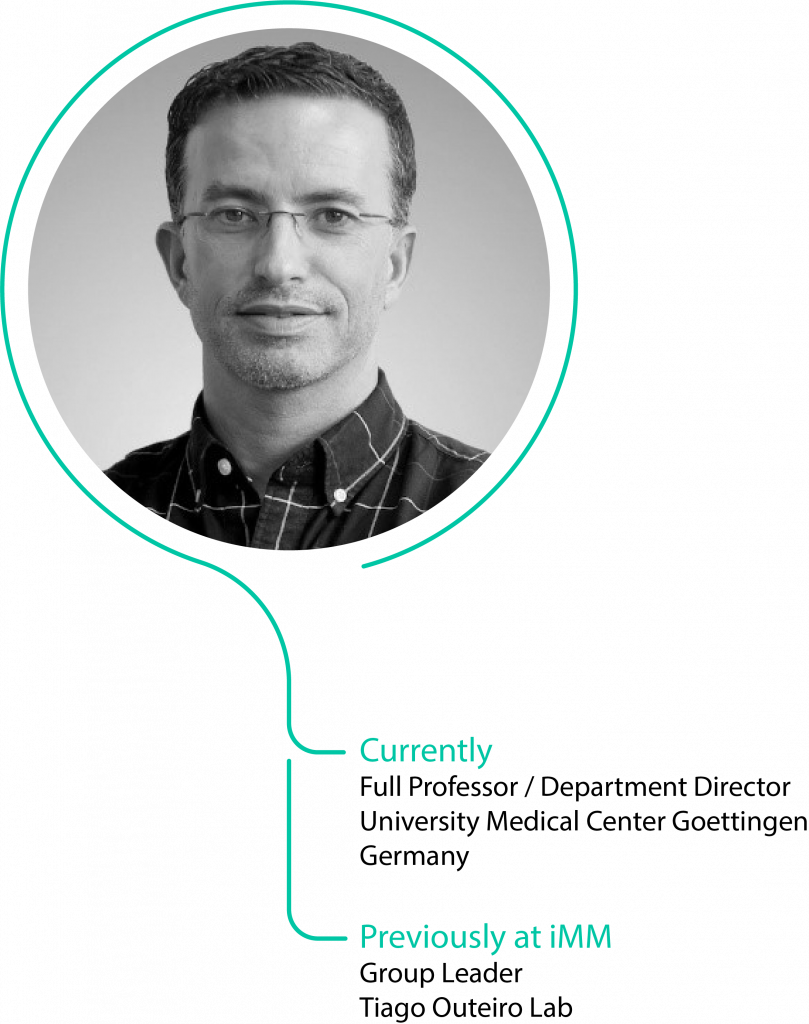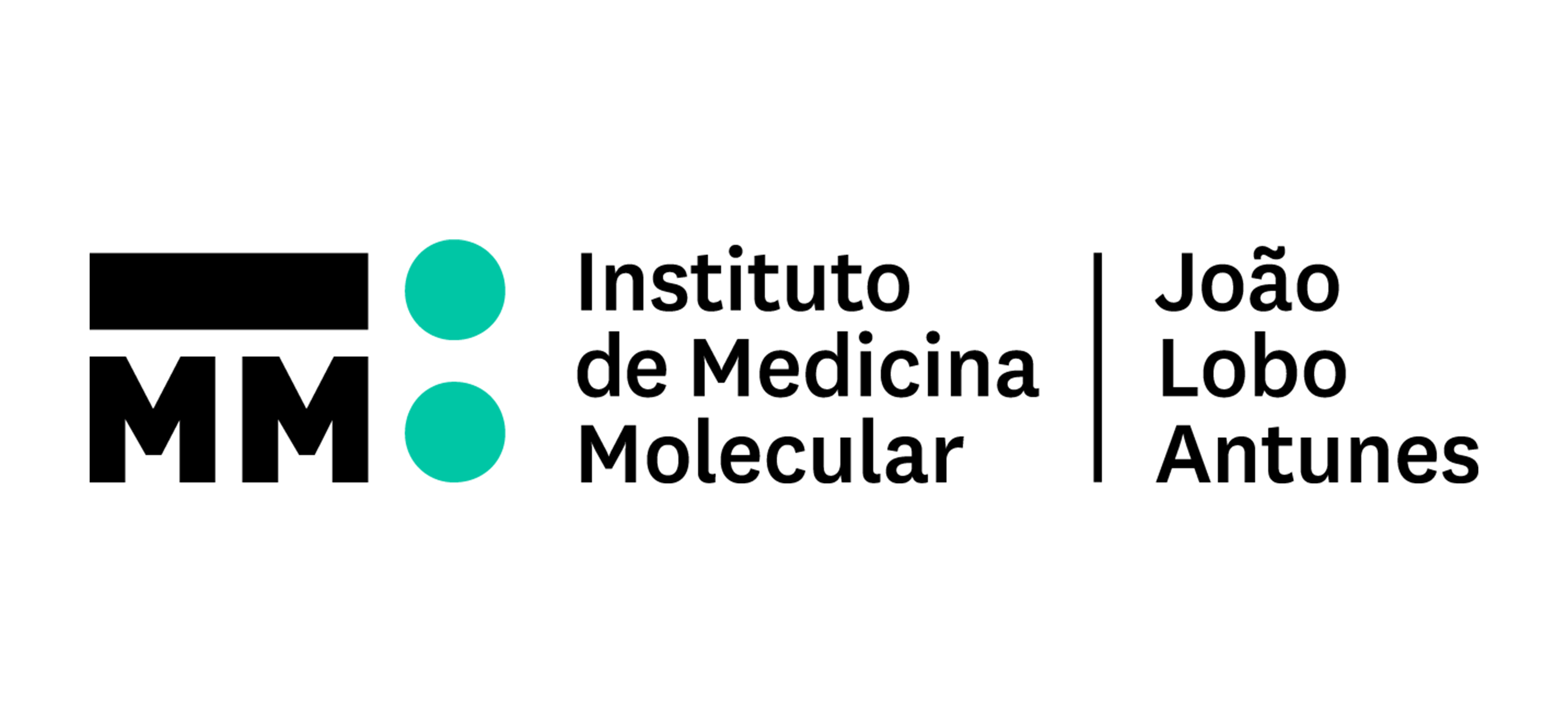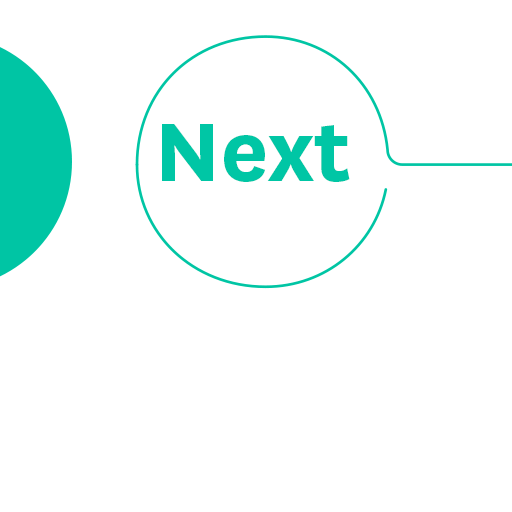Tiago Outeiro
.

Biosketch
Prof. Tiago Outeiro graduated in Biochemistry at the University of Porto and was an Erasmus student at the University of Leeds in the UK. Prof. Outeiro did his PhD thesis at the Whitehead Institute for Biomedical research – MIT and worked as a Research Scientist at FoldRx Pharmaceuticals as a Research Scientist and Consultant. Prof. Outeiro was a Postdoctoral Research Fellow in the Department of Neurology of the Massachusetts General Hospital – Harvard Medical School where he focused on the study of Neurodegenerative disorders such as Parkinson’s and Alzheimer’s disease.
Prof. Outeiro directed the Cell and Molecular Neuroscience Unit at IMM, Lisbon, from 2007 to 2014, and is currently Full Professor and the Director of the Department of Experimental Neurodegeneration at the University Medical Center Goettingen, in Germany. Prof. Outeiro holds a joint Professor position at Newcastle University in the UK. Prof. Outeiro has authored >260 research articles in international journals and participates in various international boards and in collaborative projects with the aim of identifying the molecular basis of neurodegenerative disorders such as Alzheimer’s and Parkinson’s disease. He has been awarded multiple prizes and grants in Germany, from the European Union, and from other international funding agencies.
Testimony
I joined iMM as a group leader, and led the Cell and Molecular Neuroscience Unit until 2014. iMM was a wonderful place for me to begin my career as an independent scientist after my training in the US. The atmosphere was collegial, exciting, and nurturing, and this environment enabled me to grow as a scientist and as a human being.
In 2010, I received a wonderful offer for a position in Germany, and in 2011 I managed my lab at iMM while having my main position in Germany (http://www.neurodegeneration.uni-goettingen.de/). This dual affiliation enabled me to continue to train junior scientists in Lisbon and to take advantage of the resources in Germany.
My time at iMM was extremely positive and I feel I was able to connect with clinician scientists, conducting translational research. The creation of the iMM Biobank was one of my major achievements, and I left many good friends and collaborators with whom I still interact today.
Contact


